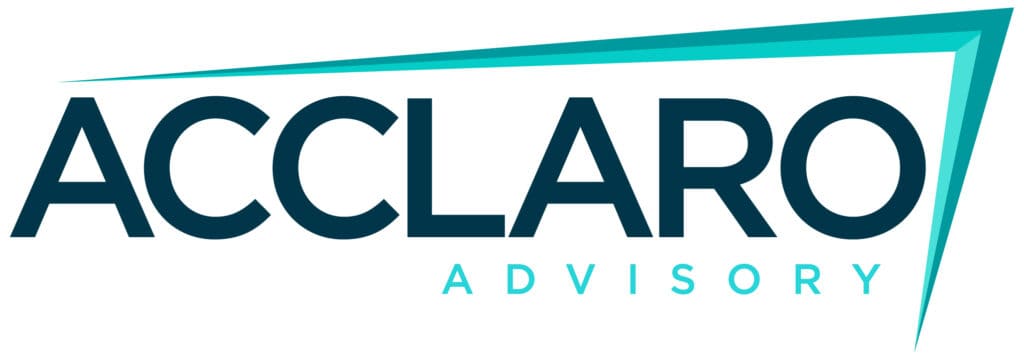To improve the future of the planet, sustainability integrates social science, environmental science, and civil engineering. The demand for highly educated professionals to research and adopt more sustainable practices is greater than ever.
Sustainability Analysts work with businesses and organisations to help them understand and improve their social and environmental impacts, weaving sustainable thinking into the fabric of commercial decisions. This can include dismantling the complexities around governance, compliance and targets, and also defining and building decarbonisation strategies and the processes, systems and frameworks that will help companies meet their sustainability goals.
By enabling good environmental decision-making and more ambitious target setting for positive environmental impacts in the future, Sustainability Analysts contribute to creating a more eco-friendly and socially responsible corporate landscape, aligning the organisation’s objectives with public demand for greener, more ethical business operations.














